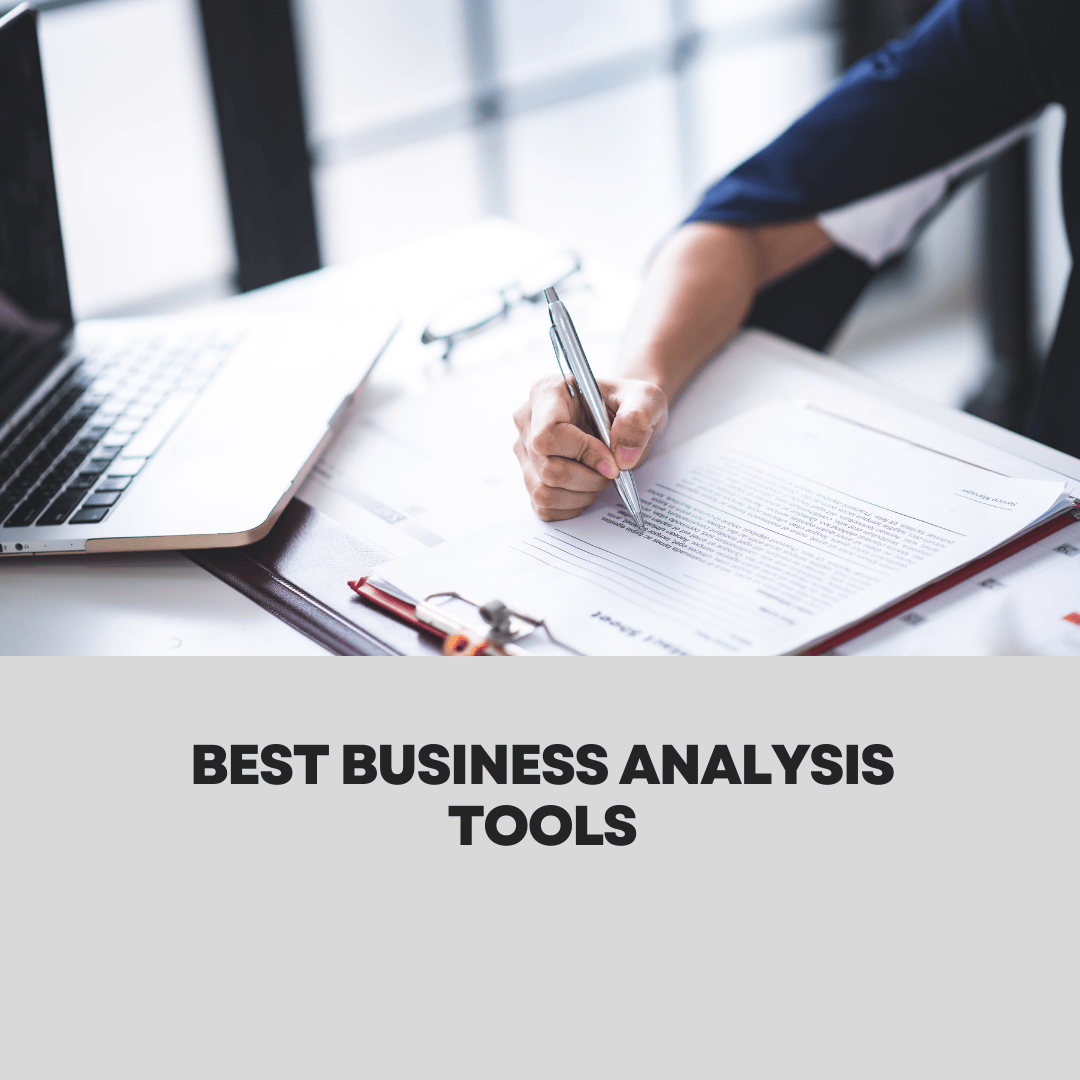Best Business Analysis Tools
The Ultimate Guide to the Best Business Analysis Tools in 2025
In the rapidly evolving business landscape of 2025, leveraging the right tools for business analysis is no longer optional—it’s a necessity. Organizations worldwide rely on advanced technologies to streamline operations, forecast trends, and drive data-driven decisions. This comprehensive guide explores the best business analysis tools in 2025, offering insights into their features, benefits, and unique capabilities.
1. What Defines the Best Business Analysis Tools in 2025?
The best business analysis tools in 2025 share common traits: AI-driven analytics, real-time collaboration, scalability, and seamless integration with emerging technologies like quantum computing and IoT. These tools prioritize predictive modeling, user-friendly interfaces, and compliance with global data regulations (e.g., GDPR 2.0). For instance, platforms offering no-code/low-code solutions empower non-technical users, while advanced tools integrate machine learning to automate insights.
Keyword Integration:
- “Best business analysis tools in 2025” must adapt to hybrid work models, supporting remote teams with cloud-based dashboards.
- Tools like [Example Tool] exemplify why the best business analysis tools in 2025 prioritize data visualization and cross-departmental interoperability.
2. Tableau 2025: A Leader Among the Best Business Analysis Tools in 2025
Tableau continues to dominate as one of the best business analysis tools in 2025, thanks to its augmented analytics and AI-powered “Ask Data” feature. The 2025 version introduces quantum data processing, reducing analysis time by 70%. Its drag-and-drop interface now supports 3D data modeling, making it ideal for industries like healthcare and logistics.
Key Features:
- Real-time collaboration via VR meeting rooms.
- Predictive scenario builder for risk assessment.
- Integration with blockchain for secure data sharing.
Why It’s a Top Pick:
Tableau’s commitment to innovation solidifies its position among the best business analysis tools in 2025, particularly for enterprises needing scalable, visually intuitive solutions.
3. Microsoft Power BI 2025: Revolutionizing the Best Business Analysis Tools in 2025
Microsoft Power BI remains a cornerstone of the best business analysis tools in 2025, now enhanced with Azure Synapse integration. Its AI-driven “Insights Engine” auto-generates reports, while its natural language processing (NLP) allows users to query data via voice commands.
Standout Upgrades:
- HoloLens 3 integration for immersive data exploration.
- Carbon footprint analytics for ESG reporting.
- Prebuilt templates for Web3 and metaverse projects.
Use Case:
A retail giant reduced inventory costs by 30% using Power BI’s demand forecasting, proving why it’s ranked among the best business analysis tools in 2025.
4. SAP Analytics Cloud: Secure and Scalable Among the Best Business Analysis Tools in 2025
SAP Analytics Cloud stands out in the best business analysis tools in 2025 for its unified planning, analytics, and governance features. Its 2025 edition introduces “Ethical AI” audits, ensuring bias-free algorithms—a critical factor for regulated industries.
Advantages:
- Unified data workflows across ERP and CRM systems.
- Predictive maintenance for manufacturing IoT sensors.
- GDPR 2.0 compliance out-of-the-box.
Keyword Integration:
For multinational corporations, the best business analysis tools in 2025 like SAP Analytics Cloud simplify cross-border compliance and real-time KPI tracking.
5. Looker (Google Cloud): Agile and Future-Ready in the Best Business Analysis Tools in 2025
Now fully integrated into Google Cloud’s ecosystem, Looker earns its spot among the best business analysis tools in 2025 with its serverless architecture and federated learning capabilities. Its “Data Democracy” initiative allows teams to share insights without compromising security.
Innovations:
- AI-driven anomaly detection for fraud prevention.
- Integration with Google’s Quantum AI for complex simulations.
- Automated data storytelling via Google Duplex AI.
Why Choose Looker:
Startups and Fortune 500 firms alike leverage Looker’s scalability, making it a versatile choice in the best business analysis tools in 2025.
6. IBM Cognos Analytics: AI and Ethics in the Best Business Analysis Tools in 2025
IBM Cognos Analytics rounds out the best business analysis tools in 2025 with its focus on ethical AI and explainable machine learning. Its 2025 suite includes a “Bias Detector” to audit datasets and models, ensuring transparency in decision-making.
Features:
- Cognitive automation for repetitive tasks.
- Integration with Watsonx for quantum-safe analytics.
- Customizable ESG dashboards.
Case Study:
A financial institution reduced loan approval bias by 45% using IBM Cognos, highlighting its role in ethical analytics among the best business analysis tools in 2025.
Future Trends Shaping the Best Business Analysis Tools in 2025
- AI Democratization: Tools will cater to non-technical users via no-code platforms.
- Quantum Readiness: Platforms must process data at quantum speeds.
- Sustainability Analytics: Carbon tracking becomes a core feature.
Conclusion
Selecting the best business analysis tools in 2025 requires balancing innovation, usability, and ethical considerations. From Tableau’s immersive analytics to IBM’s ethical AI, each tool offers unique strengths. By aligning these tools with your organizational needs, you’ll unlock unparalleled efficiency and foresight in an increasingly data-driven world.
